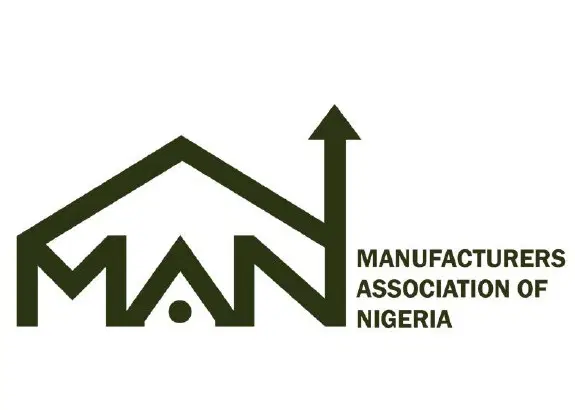The Manufacturers Association of Nigeria (MAN) has commended the removal of Nigeria from the Financial Action Task Force (FATF) grey list, describing it as a major boost for the country’s financial credibility and a positive development for the nation’s manufacturing industry.
The Director General of MAN, Segun Ajayi-Kadir, stated this in an exclusive interview with Vanguard, noting that the delisting marks a significant turning point in Nigeria’s financial reputation and could ease long-standing financial frictions that have constrained industrial and economic growth.
According to him, while the benefits of the FATF delisting cut across all sectors, the manufacturing industry stands to gain the most because of its capital-intensive, trade-dependent, and investment-sensitive nature.
Ajayi-Kadir explained that manufacturers have faced numerous challenges accessing global finance and conducting cross-border transactions due to Nigeria’s previous inclusion on the FATF grey list, which often subjected Nigerian institutions to enhanced due diligence and higher transaction scrutiny.
“The removal of Nigeria from the grey list addresses long-standing barriers that had constrained manufacturers’ access to global finance and cross-border transactions,” he said. “It restores confidence in Nigeria’s financial system and signals to international partners that the country has made progress in strengthening its anti-money laundering and counter-terrorism financing frameworks.”
The MAN DG outlined several benefits expected to follow the delisting, including easier trade finance and correspondent banking, lower risk premiums, cheaper external funding, improved investor confidence, and smoother diaspora and cross-border transactions. He added that the move would also enhance Nigeria’s export credibility and market access, especially for manufacturers seeking to expand their footprint in global value chains.
Citing international examples, Ajayi-Kadir noted that countries like Pakistan and Turkey experienced a rebound in investor confidence and trade activity after being removed from the FATF grey list. “In Pakistan, the removal restored investor confidence and revitalised trade and financial activities, although structural challenges continued to limit foreign direct investment in manufacturing,” he said.
However, the MAN chief cautioned that while delisting opens new financial opportunities, the pace and volume of capital inflows into the manufacturing sector will depend heavily on the domestic operating environment. He pointed out that structural bottlenecks, such as poor infrastructure, high energy costs, and policy inconsistencies, continue to undermine industrial competitiveness.
“To ensure that FATF delisting translates into tangible manufacturing outcomes,” Ajayi-Kadir advised, “the government and financial authorities must take deliberate steps to strengthen trade finance and industrial support mechanisms.”
He urged the Federal Government to establish targeted trade-finance windows for manufacturers, strengthen onshore credit channels, mobilise diaspora bonds and remittance-backed financing, and improve project readiness and industrial infrastructure.
Ajayi-Kadir emphasised that the FATF delisting is a clear signal that Nigeria is making progress in financial governance, but noted that the next phase should focus on converting this progress into real economic gains. “Nigeria must seize this opportunity to re-attract foreign investors, deepen industrial linkages, and support local manufacturers to compete globally,” he stated.
Industry observers believe that Nigeria’s removal from the FATF grey list will likely lead to the reduction of transaction costs, enhanced foreign direct investment, and increased access to international capital markets. It also strengthens Nigeria’s credibility in global trade, positioning the country to benefit from initiatives such as the African Continental Free Trade Area (AfCFTA) and renewed multilateral partnerships.
The FATF, an intergovernmental body based in Paris, monitors countries’ compliance with international standards on money laundering and terrorism financing. Nigeria’s exit from the grey list follows significant reforms by the Central Bank of Nigeria (CBN), the Nigerian Financial Intelligence Unit (NFIU), and other regulatory agencies to tighten financial oversight and improve transparency.
With renewed global confidence and improved access to finance, analysts say Nigeria’s manufacturers could see a gradual revival in production capacity, export competitiveness, and investment inflows—if the right policy environment is maintained.
